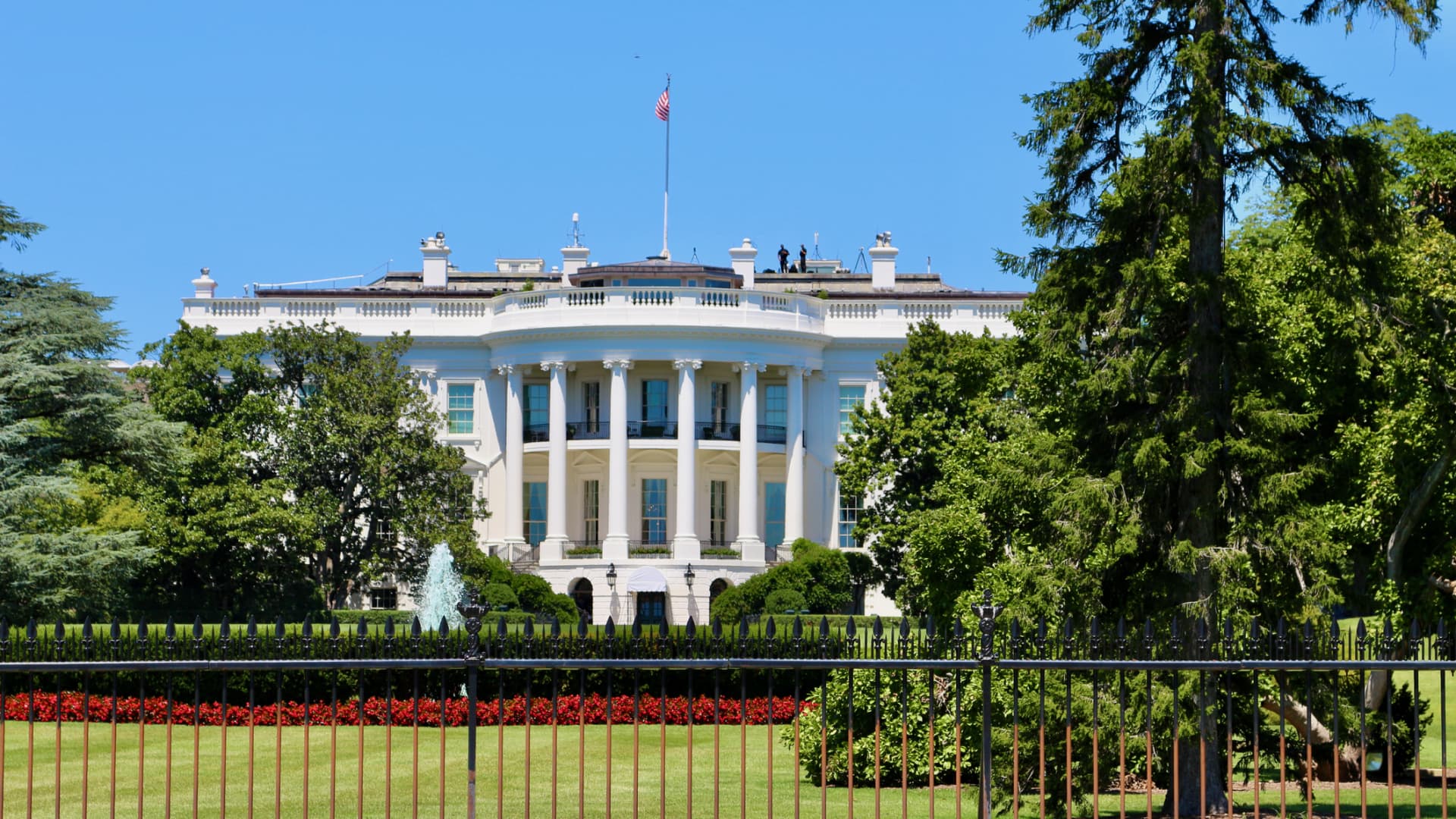Close to 26 million Americans have applied for student loan forgiveness, and the Biden administration has already approved 16 million of the requests, the White House said Thursday.
Yet its entire loan cancellation plan could be in jeopardy due to the legal challenges brought by Republicans, it warned.
“If Republican officials get their way, tens of millions of Americans’ monthly costs will rise dramatically when student loan payments resume next year,” according to a statement by the administration.
“Working and middle-class Americans who could have up to $10,000 or $20,000 of their student debt relieved under the Biden Administration’s plan will remain under the burden of loan debt — preventing them from pursuing the dream of homeownership, saving up for retirement, or starting small businesses.”
Temporary stay on forgiveness still in place
Since the White House unveiled its plan in August to cancel $10,000 for most student loan borrowers, and up to $20,000 for those who received grants for low-income families, it has faced at least six lawsuits.
Most recently, a legal challenge from six GOP-led states temporarily stopped the administration from starting to forgive borrowers’ debt. Although their lawsuit was rejected by a federal judge in Missouri earlier this month, the states — Nebraska, Missouri, Arkansas, Iowa, Kansas and South Carolina — have appealed.
More from Personal Finance:
Treasury announces new Series I bond rate of 6.89%
What advisors tell near-retirees about inflation, longevity
How next Fed interest rate hike could affect your money
U.S. District Judge Henry Autrey in St. Louis ruled earlier this month that while the states had raised “important and significant challenges to the debt relief plan,” they ultimately lacked legal standing to pursue the case.
The main obstacle for those hoping to foil the president’s action has been finding a plaintiff who can prove they’ve been harmed by the policy, experts say.
“Such injury is needed to establish what courts call ‘standing,'” said Laurence Tribe, a Harvard law professor. “No individual or business or state is demonstrably injured the way private lenders would have been if, for instance, their loans to students had been canceled.”
The GOP-led states didn’t give up after their lawsuit was thrown out. They filed an appeal, and asked the court to stay the president’s plan, which was supposed to start unfolding last month, while their request is considered. The 8th U.S. Circuit Court of Appeals granted the states’ emergency petition, leaving the Biden administration unable to start forgiving any student debt for now.
GOP-led states’ effort ‘strongest of the lawsuits’
In their challenge, the states accuse President Joe Biden of overstepping his authority. They also say that the action would cause some private lenders to lose business because it would prompt millions of borrowers who have their federal loans held with these companies to consolidate their debt into the main federal student loan program. The U.S. Department of Education had said borrowers who hold these FFEL, or Federal Family Education Loans, can take this step to qualify for its relief.
The Education Department, in order to protect its broader loan forgiveness policy, has said that FFEL borrowers needed to have consolidated their loans by the end of September to be eligible. They can no longer do so to qualify.
This will make it harder for the GOP states to make their case that the president’s plan will cost the private lenders a considerable amount of business, said higher education expert Mark Kantrowitz.
“The state attorneys general lawsuit was the strongest of the lawsuits until the U.S. Department of Education pulled out the rug by eliminating their legal standing,” Kantrowitz said.
Tribe agreed, and said the other challengers also were on shaky legal standing.
“They represent a bunch of litigants in search of a theory,” Tribe said. “But in the end, it is the merits that matter, and there is little merit in their challenge.”
For now, having student loan forgiveness in the balance could actually help the Biden administration and Democrats in the midterm elections, experts say.
“Borrowers may be anxious about whether the forgiveness will happen,” Kantrowitz said. “This may spur more of them to vote.”
If Democrats retain control of the House and pick up seats in the Senate, he said, they could pass legislation forgiving student debt.
